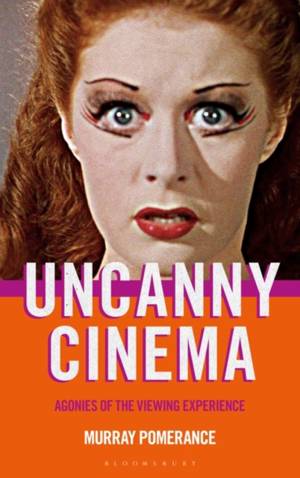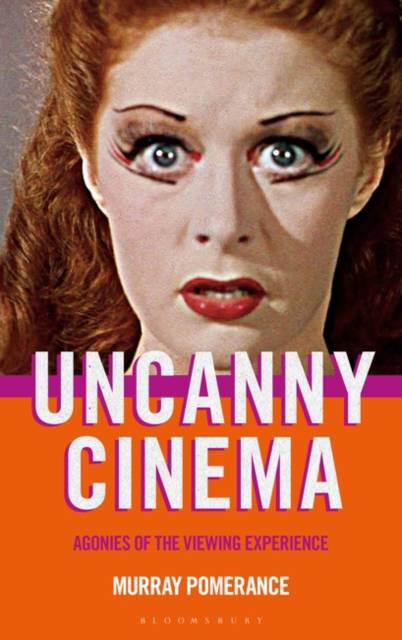
- Afhalen na 1 uur in een winkel met voorraad
- Gratis thuislevering in België vanaf € 30
- Ruim aanbod met 7 miljoen producten
- Afhalen na 1 uur in een winkel met voorraad
- Gratis thuislevering in België vanaf € 30
- Ruim aanbod met 7 miljoen producten
Zoeken
€ 228,95
+ 457 punten
Uitvoering
Omschrijving
Murray Pomerance's latest book explores an encyclopedic range of films and television shows to demonstrate the difficulty of conveying the experience of viewing cinema through words and the medium of text. From On the Waterfront to Marriage Story, Uncanny Cinema illuminates that words and writing are in perilous waters when applied to cinema, similar to ungestured talk. The book begins with this problem using Julian Jaynes's thoughts on vocality and imagination before delving into three exploratory 'movements' arranged to alternately challenge, inspire, and confound the reader to question if we know what we think we know or even see what we think we see. The viewer is faced with disturbances, ruptures, and surprises that occur during the viewing experience, which Pomerance analyzes to stretch the sense of what we do and do not (or, possibly, cannot) know, particularly as we think, talk, and write about cinema
Specificaties
Betrokkenen
- Auteur(s):
- Uitgeverij:
Inhoud
- Aantal bladzijden:
- 344
- Taal:
- Engels
Eigenschappen
- Productcode (EAN):
- 9781501398742
- Verschijningsdatum:
- 17/11/2022
- Uitvoering:
- Hardcover
- Formaat:
- Genaaid
- Afmetingen:
- 152 mm x 229 mm
- Gewicht:
- 630 g

Alleen bij Standaard Boekhandel
+ 457 punten op je klantenkaart van Standaard Boekhandel
Beoordelingen
We publiceren alleen reviews die voldoen aan de voorwaarden voor reviews. Bekijk onze voorwaarden voor reviews.











